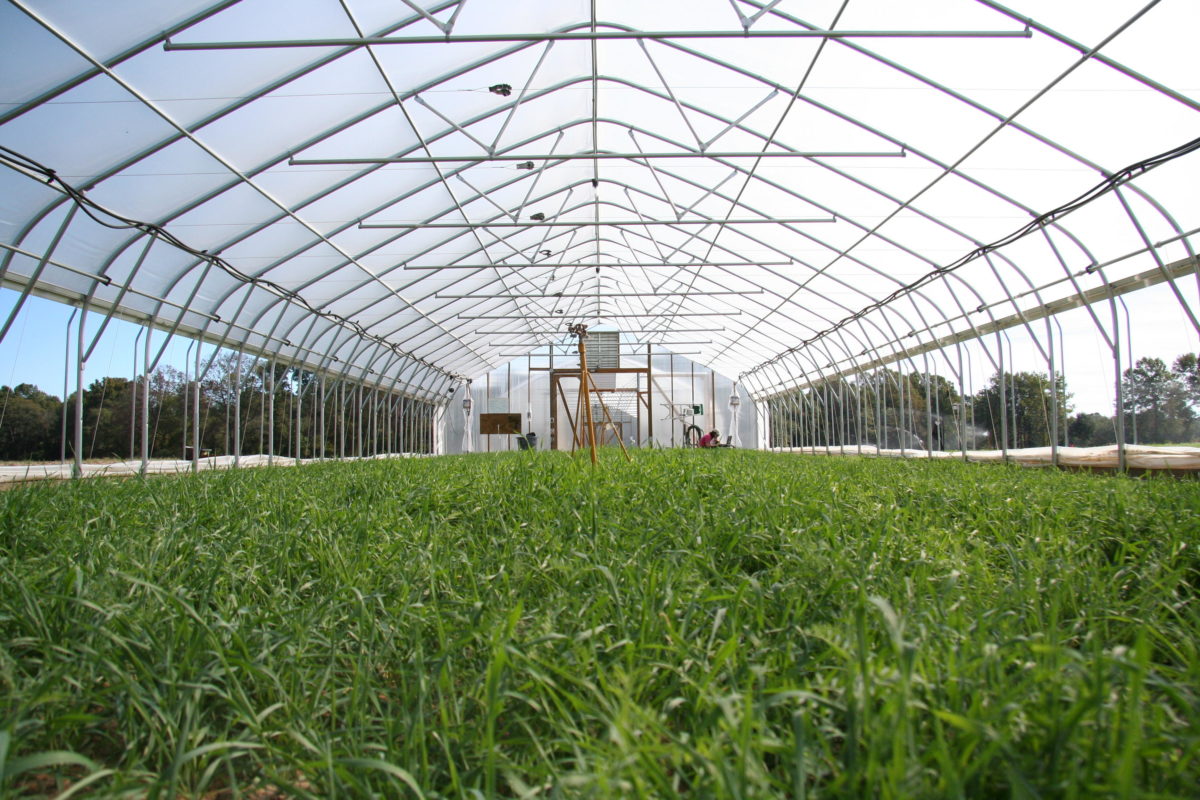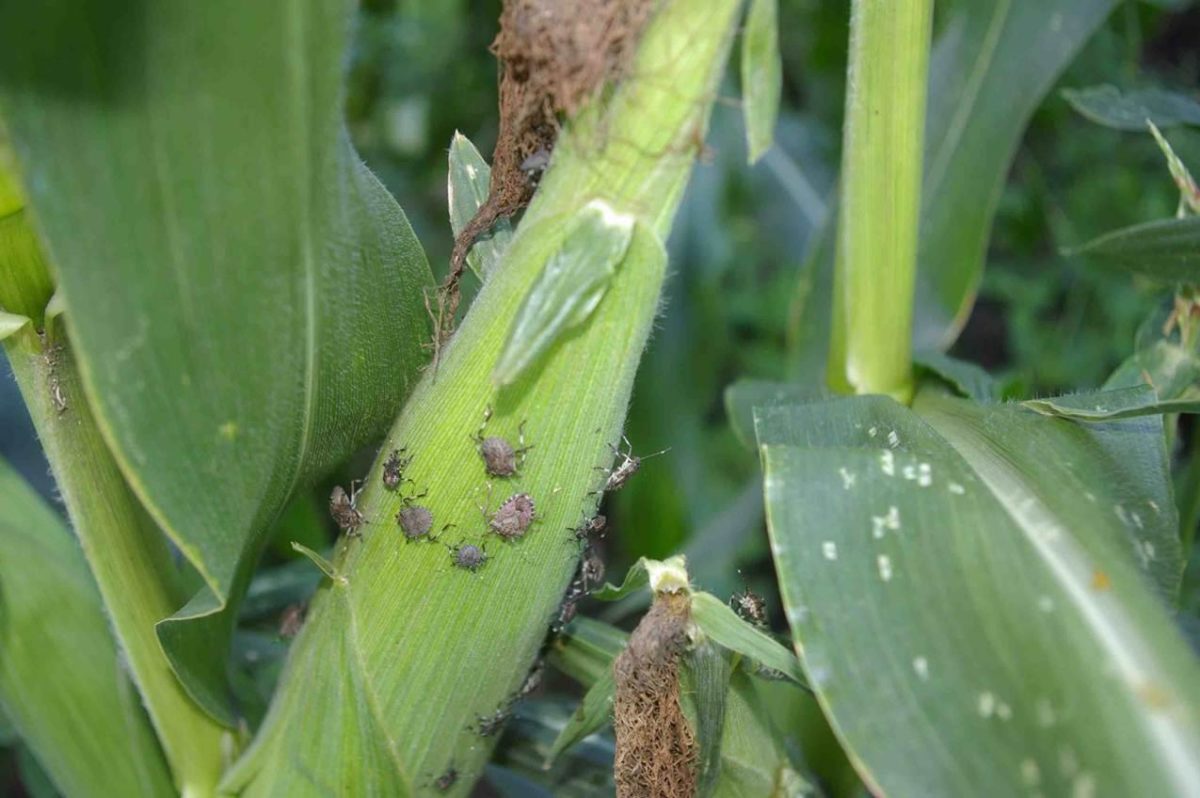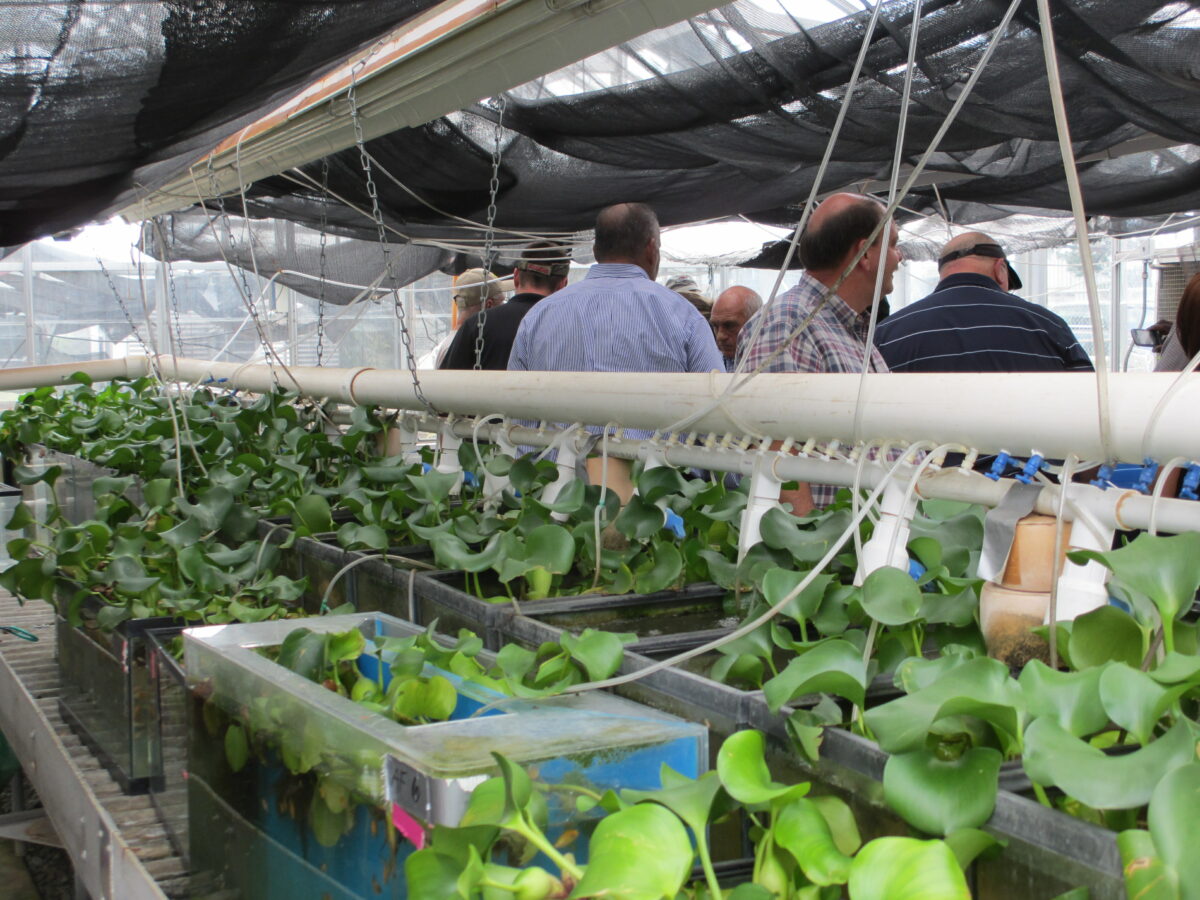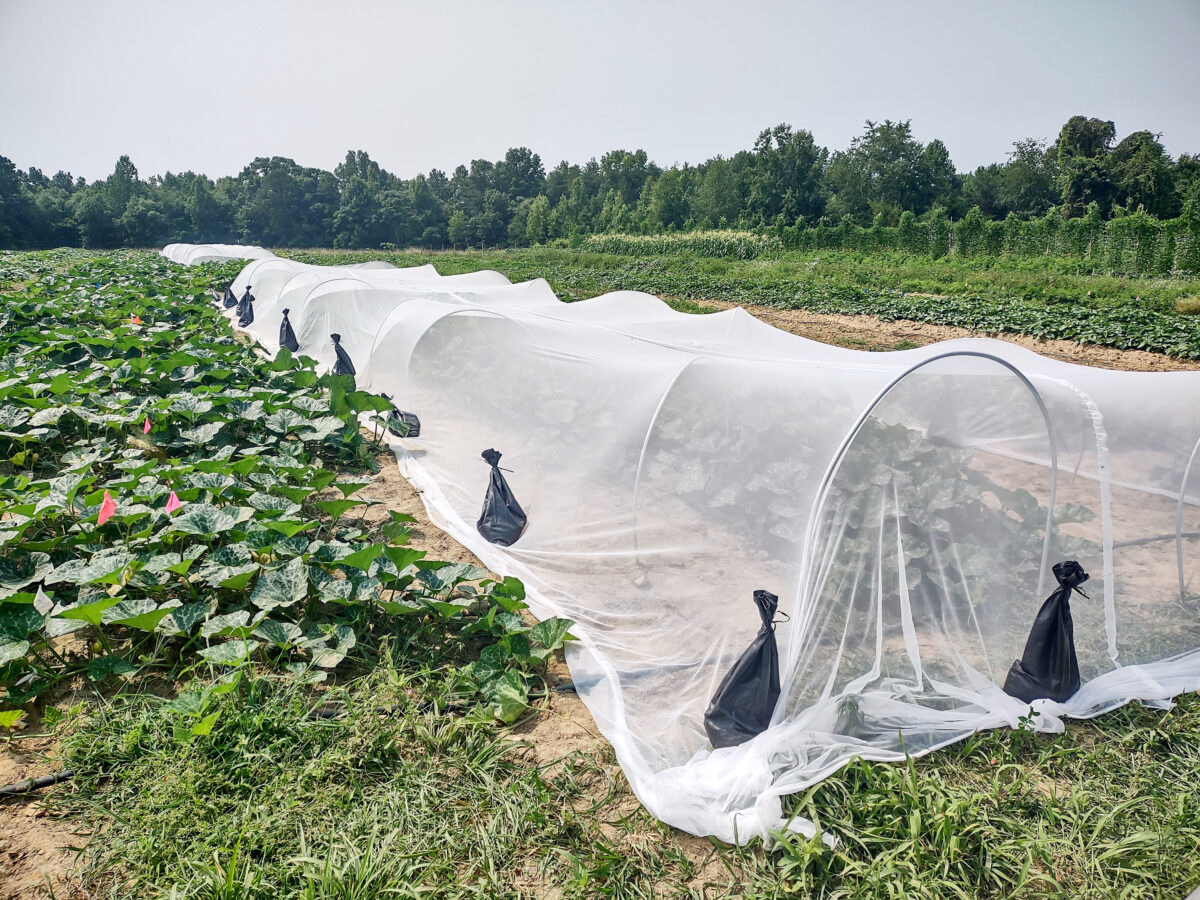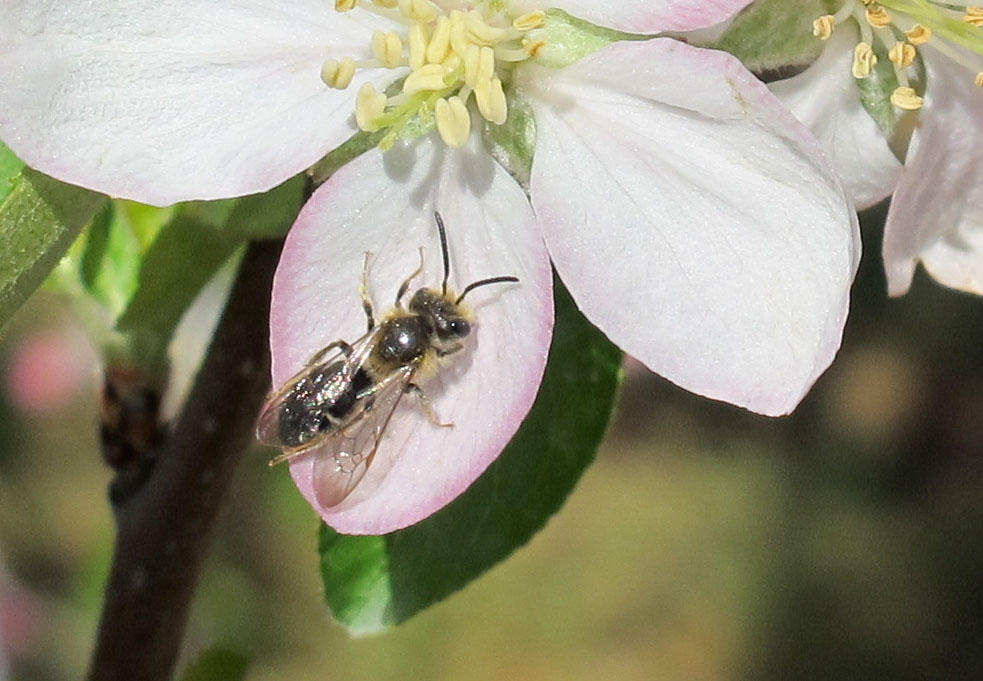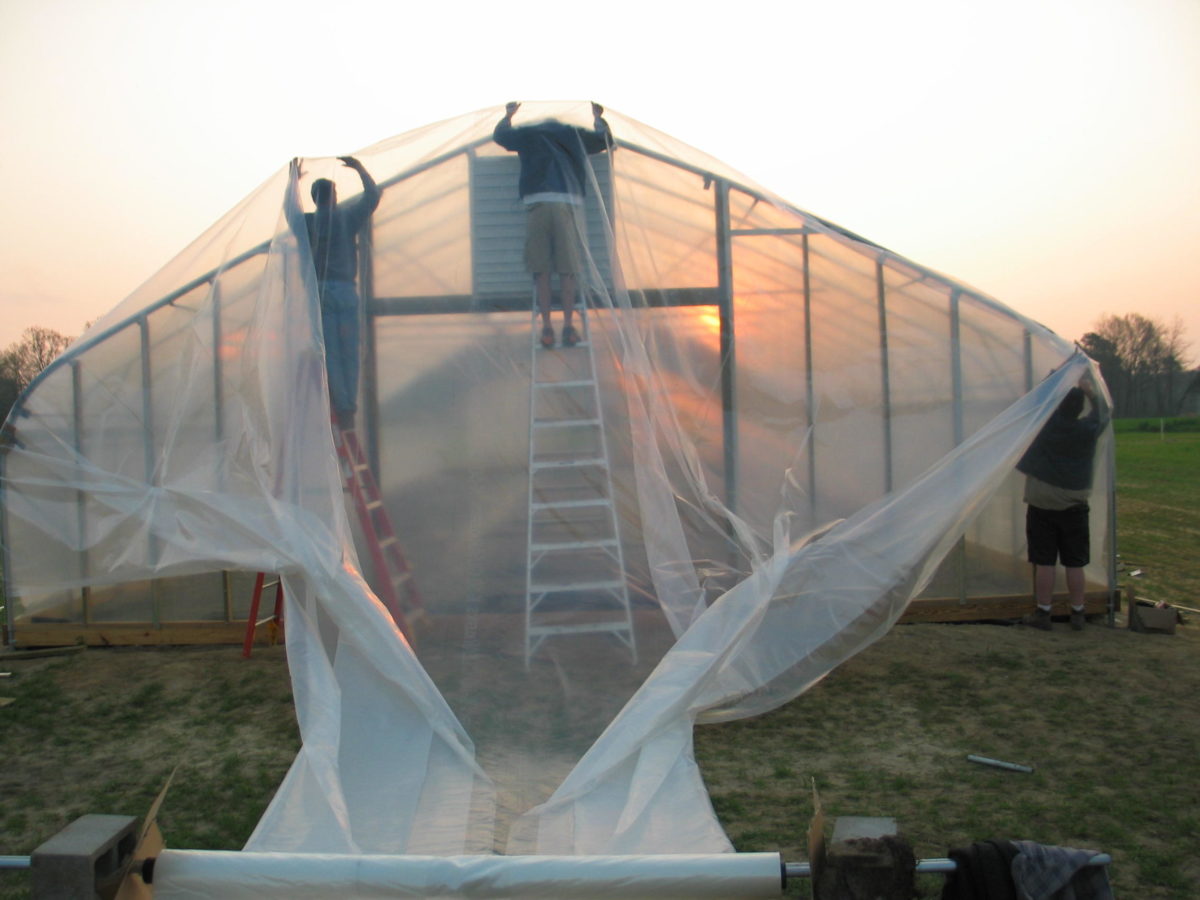One aspect of successfully implementing a SARE grant involves managing the financial requirements of the grant. There are times when changes need to be made to the grant in order to successfully complete a project and fulfill the grant requirements. Once a grant project ends, there are steps that need to be taken to successfully close out the grant.
Southern SARE provides guidelines for managing the financial requirements of a grant. The following are some common categories that Principal Investigators may have to make changes to regarding their grant project. Guidelines are also available for project expense reimbursement and closing out a grant project.

